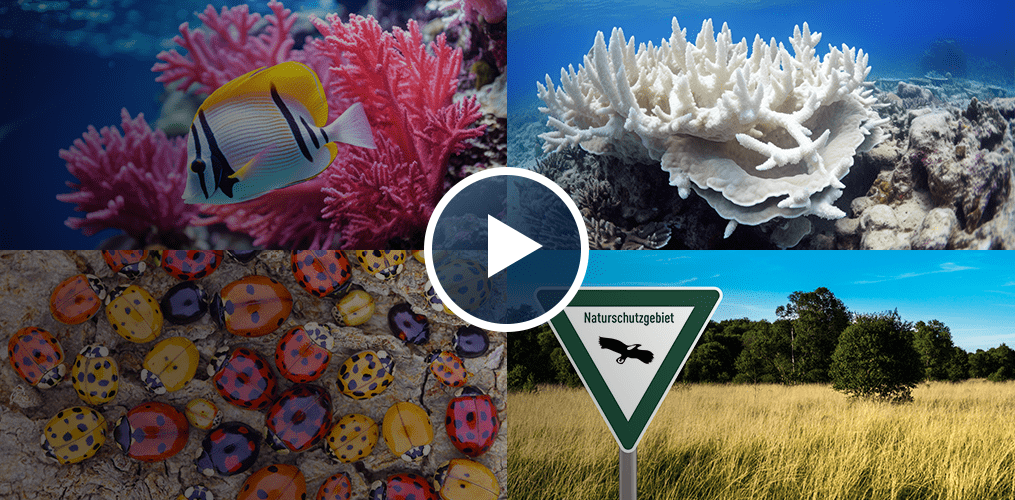
As humanity advances in technology, it’s critical to recognise our ongoing dependence on ecosystems for essential services such as water, food, medicines, energy, etc. This Biodiversity Day 2024, we want to stress the vital importance of biodiversity for our survival and well-being. Our responsibility to respect, protect, and restore our biodiversity is paramount to ensuring a sustainable future for the next generations.
During our podcast series, our Service Centre Director, Prof. Alberto Basset, highlights what biodiversity entails, how it is maintained, why it needs protection, and its implications for climate change. Prof. Basset underscores that biological diversity, which encompasses the variety of species, genetic differences, and ecosystem variations, is severely threatened by human activities. He explains that ecosystems and their communities are products of natural selection and co-evolution, interactions that ensure stability over time. Human activities, however, have disrupted these natural processes.
Excessive resource consumption and pollution degrade ecosystems, lowering the quality of life for countless species. Large-scale habitat fragmentation and deforestation have significantly altered landscapes, often introducing alien species that further destabilise native ecosystems. This transformation harms the biodiversity that evolved over millions of years and the essential ecosystem services it provides.
Moreover, climate change exacerbates these issues. Species migrate to northern latitudes as temperature rises, disrupting food webs and altering key ecosystem processes. Changes in species’ niches and life cycles, driven by global warming, impact individual metabolisms and primary productivity.
Let’s dedicate this Biodiversity Day 2024 to our dedicated podcast series:
- What is Biodiversity?: https://www.lifewatch.eu/podcasts/what-is-biodiversity/
- How is Biodiversity organised and maintained: https://www.lifewatch.eu/podcasts/how-is-biodiversity-organised-and-maintained/
- The need to conserve and manage biodiversity: https://www.lifewatch.eu/podcasts/the-need-to-conserve-and-manage-biodiversity/
- The intersections between biodiversity responses, human well-being and climate change: https://www.lifewatch.eu/podcasts/biodiversity-responses-human-well-being-climate-change/